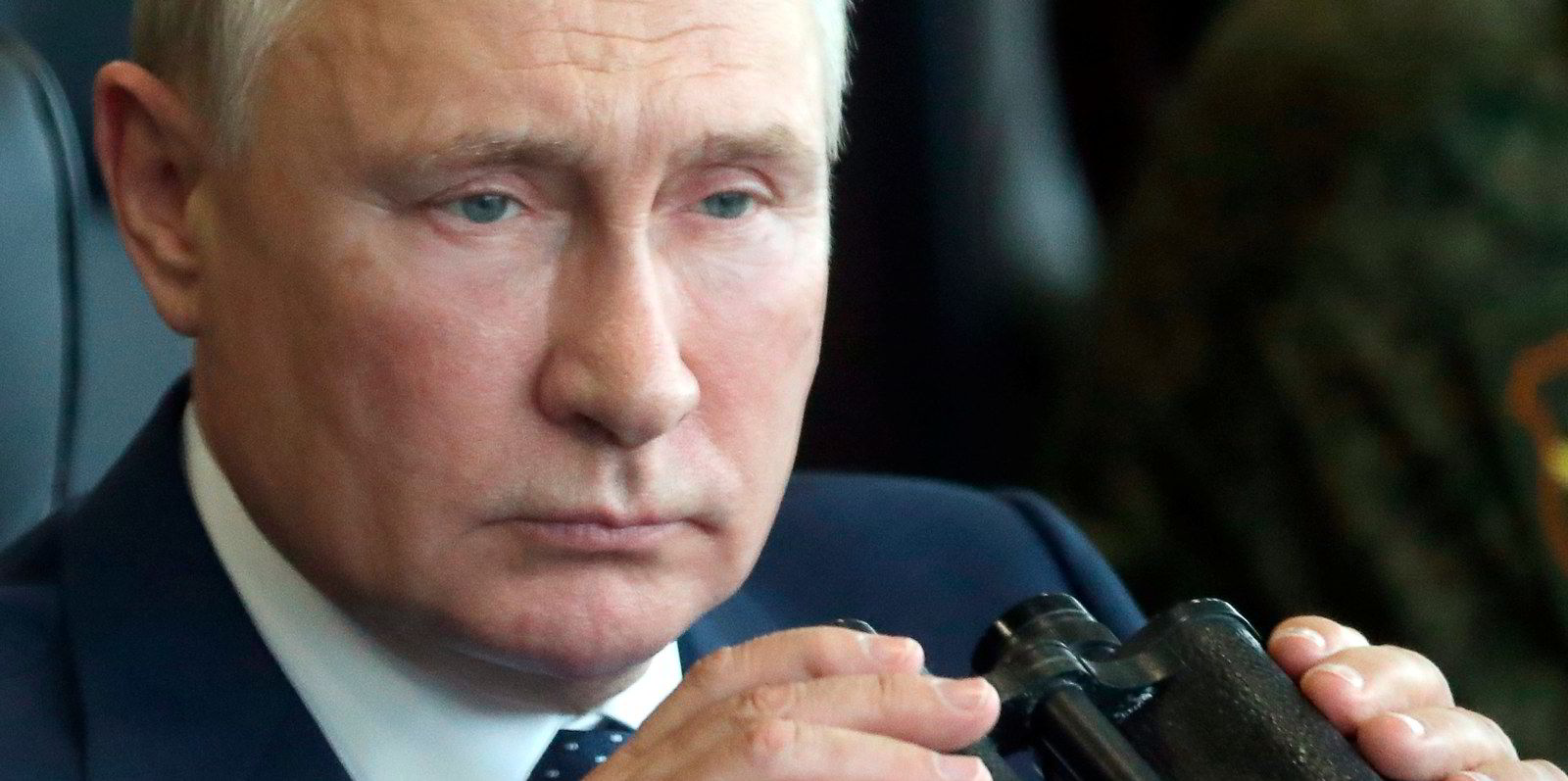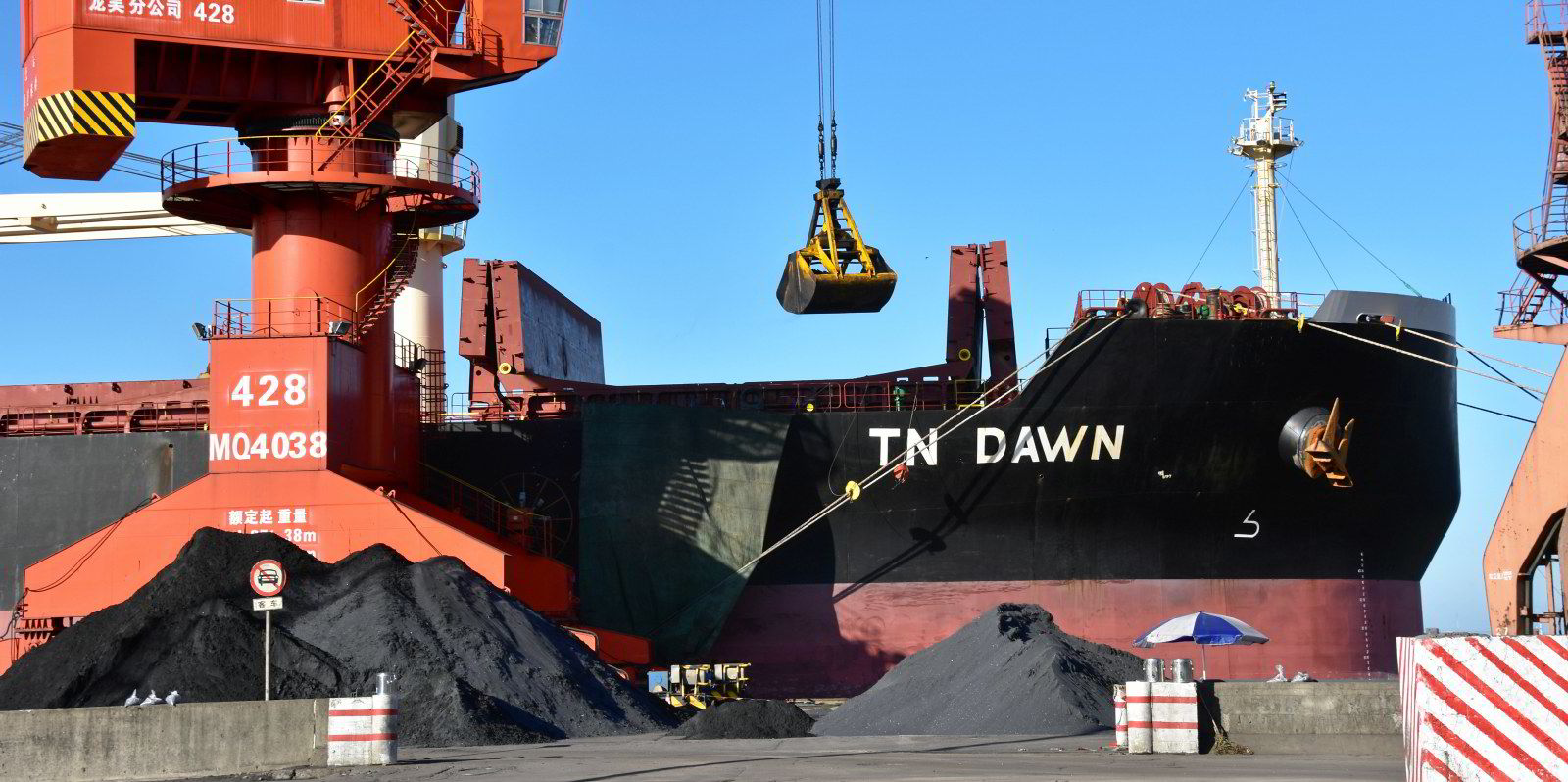While Britain wrings its hands about whether Boris Johnson held a birthday party at Number 10 Downing Street and thereby broke his own lockdown rules, the world awaits on the next move from another maverick, Vladimir Putin.
No doubt the former KGB officer in the Kremlin has weighed up the odds of a fuller invasion of the Ukraine, but he may be sacrificing his oil and gas exports and bolstering the future of LNG if he does.
Already the US has been in talks with Qatar to ask whether the Middle East country would be willing to provide more LNG shipments to Europe in the event of sanctions against Russia and its pipeline gas supplies.
The military build-up around the Ukraine and months of unexplained shortages of Russian gas exports to an energy starved Europe suggest Putin has few reservations about using energy as an economic weapon.
He clearly either feels that the Ukraine’s ever closer ties with the West are a threat to Russia or he wants to recreate a measure of the Soviet Empire that was torn apart in the late 1980s.
It is dawning on the West that increasing dependence on Russia — over 40% of all European Union gas comes from Siberia with the planned Nord Stream 2 pipeline project potentially increasing this figure significantly — is strategically dangerous.
An attractive alternative is to press ahead faster with renewables and reduce dependency on a volatile hydrocarbon supplier — and/or use more LNG.
The latter initiative would be good for the gas shipping industry, which has seen a slump in rates over the past few weeks but has generally been on an upward trajectory in line with the move to substitute gas for coal in power stations to reduce carbon emissions.
The difference between the relatively low natural gas prices in producer countries such as the US and rocketing price of LNG in the Far East and Asia — particularly before Christmas — supercharged shipping demand.
As my colleague Lucy Hine has reported, the wind has gone out of the sails in recent weeks after astonishingly high spot freight rates of $300,000 per day less than two months ago but most gas ship operators are still upbeat about the year ahead.
Time charter rates remain strong even with very high commodity prices and the US government’s Energy Information Administration predicts that US LNG exports will rise by 17% in 2022.
Rystad Energy consultants predicts five LNG export projects in the US alone will be sanctioned for commissioning in the coming year with a further one in Canada plus a further 33% increase over 2021 in gas investments in Australia.
Meanwhile, the number of gas ships coming down the slipway is relatively low this year at 25 conventionally-sized newbuildings — the lowest annual number for eight years.
A recent sign of the increasing importance of LNG to world shipping has been Clarksons Research adding LNG calculations to its ClarkSea freight index. This reflects the growth of LNG vessels from less than 130 two decades ago to nearly 700 today.
European jitters
The big demand centre for LNG has in recent years been Asia with China at the forefront. The Russians, aware of Europe’s jitters over its energy dependence, are keener than ever to turn China into a much bigger user of Russian pipeline gas. Already the Power of Siberia land link between the two countries is in action and is expected to dampen LNG demand growth until 2025.
Chinese LNG imports between 2015 and 2019 were growing at 19% per annum until interrupted by the Covid pandemic. Credit agency Fitch expects them to peak this year at 124 billion cubic metres (bcm) as Russian pipeline gas builds up.
India, currently the world’s fourth largest LNG buyer, has six import terminals with a capacity of 42.5 bcm with four more floating storage and regasification units expected to come on stream or be commissioned in 2022.
Meanwhile, Qatar is unlikely to come to the short-term rescue of Europe in the event of Russia switching off gas supplies. As Qatar’s energy minister, Saad Al-Kaabi, said in October “we are maxed out. We are producing all we can”.
You can only ship what you’ve got so its not party time but Putin may yet supercharge LNG.





